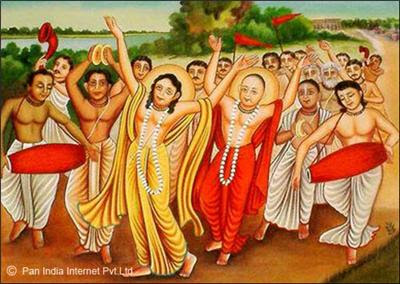National Anthem Of India - Jana Gana Mana
This article is about the national anthem of India. For other uses, see "Jana Gana Mana"
History : Jana Gana Mana was written on 11 December 1911 and sung on 28 December 1911 at the Indian National Congress, Calcutta and again in January 1912 at the annual event of the Adi Brahmo Samaj. Though the Bengali song had been written in 1911, it was largely unknown except to the readers of the Brahmo Samaj journal, Tatva Bodha Prakasika, of which Tagore was the editor.
National Anthem Of India
जनगणमन-अधिनायक जय हे भारतभाग्यविधाता!
पंजाब सिन्धु गुजरात मराठा द्राविड़ उत्कल बंग
विन्ध्य हिमाचल यमुना गंगा उच्छलजलधितरंग
तव शुभ नामे जागे, तव शुभ आशिष मागे,
गाहे तव जयगाथा।
जनगणमंगलदायक जय हे भारतभाग्यविधाता!
जय हे, जय हे, जय हे, जय जय जय जय हे।।
The National Anthem of India is played or sung on various occasions. Instructions have been issued from time to time about the correct versions of the Anthem, the occasions on which these are to be played or sung, and about the need for paying respect to the anthem by observance of proper decorum on such occasions. The substance of these instructions has been embodied in the information sheet issued by the government of India for general information and guidance. The official duration of the National Anthem of India is 52 seconds
Video - National Anthem Of India
Historical Signification :
This poem was composed in December 1911, coinciding with the visit of King George V at the time of the Coronation Durbar of George V, and "Bharat Bhagya vidhata" and "Adhinayaka" was believed to be in praise of King George V as per the British newspapers. The composition was first sung during a convention of the then loyalistIndian National Congress in Calcutta on 26 Dec 1911.[10] It was sung on the second day of the convention, and the agenda of that day devoted itself to a loyal welcome of George V on his visit to India. The event was reported thus in the British Indian press:




Comments
Post a Comment